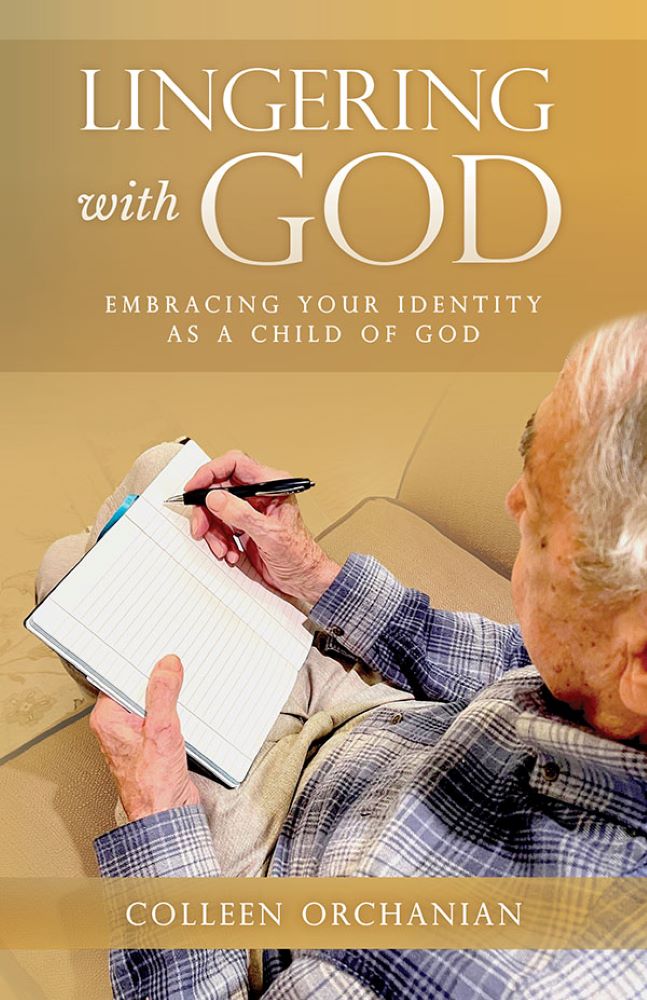Curiouser and Curiouser

Curiouser and Curiouser. That's a quote from Alice in Wonderland, and is a fitting title for today's food for thought about curiosity – specifically about the benefits and risks of curiosity for Christians. J.K. Rowling gave these words to one of her Harry Potter characters: “Curiosity is not a sin.... But we should exercise caution with our curiosity." Sometimes I don't exercise caution with my curiosity. I have good curiosity and bad curiosity. Good curiosity draws me closer to God. Bad curiosity distracts me from Him and sometimes leads to sin.
What are some things that might pique our curiosity? I'll start with the good.
I am curious about God. I want to know more about Him. It seems that I am constantly learning about Him, and at the same time I know so little. That's because God is so great and beyond our capacity to grasp. But He has revealed Himself to us – and continues to do so. Jesus came in the flesh to manifest God to us. God wants to be known by us. He isn't hiding anything from us. That is so different from people. Most of us have things about ourselves that we don't share with others. Sharing that deepest part of ourselves makes us vulnerable. God is not like that. He wants us to know Him fully. So curiosity about God is very good. The more I know Him, the more I trust Him. The more faith I have. The more I can strive to be like Him.
I am curious about the Bible. When I read a Scripture passage I might wonder who wrote it and under what circumstances. Who did he write it to? What does it all mean? How is God trying to speak to me through His Holy Word? That curiosity may lead me to look for a commentary or join a Bible study to dig deeper. That is very good curiosity.
I am sometimes curious about the strong faith of another person. They seem to have something I don't and I want to learn more about them. How did they come to such a faith? What do they do to nourish their faith? How have they kept their faith in difficult times? How can I have what they have? This is very good curiosity.
I am curious about the people I will serve. When I am asked to speak to a group of people about my faith, I wonder who might be there. Where are they in their journey of faith? What are they struggling with? What are they expecting from me? What might God want me to share with them? That is very good, almost necessary curiosity.
I am curious about friends who are missing from church. Is she on vacation? Is she sick? Is she having a crisis of faith? That is good curiosity when it is genuine concern for her and leads me to give her a call, ask how she's doing and let her know I've been missing her.
As you can see, curiosity is a wonderful trait that can help us grow closer to God and better serve Him throughout our lives. But what about the statement – "We should exercise caution with our curiosity." Let's look at some examples from Scriptureb when caution was not exercised:
- King Herod was curious about Jesus, but not because he wanted to learn about him. He wanted to see a miracle; he wanted to be entertained. He had no curiosity about having an audience with the King of the Universe, God made man. That's bad curiosity.
- In John Chapter 21, Jesus tells Peter how he (Peter) will die, and it would not be pleasant. Peter then says, "Lord, what about this man?" meaning the apostle John. Jesus said to him, "If it is my will that he remain until I come, what is that to you? You follow me!" I don't think Peter asked out of concern for John, which would have been good curiosity. If that were the case, Jesus would not have responded as he did. I think Peter was curious if he was the only one to suffer. I imagine Jesus might ask that same question to os at times in our lives, like when we wonder – What about that person? Surely they will suffer, too! And Jesus quiets our curiosity and says, "What is that to you? You follow me."
- Sometimes we are curious to know that another person will be punished for the bad things they do, whether is it a friend who betrays a confidence or a spouse who is unfaithful, or a trusted friend or family member who steals from us. We are curious to know what will happen to them so we can feel justified – that proper punishment has been meted out. That is a very human emotion, but it's not good curiosity. It reveals our lack of trust in God, who is the judge of all. If I trust God completely, can I trust Him to act wisely and justly in every situation, even those that have caused me much pain? If I have that kind of trust, I don't need to know the outcome of another person's sins. This approach is not easy, but it is holy. We must always ask for God's grace to trust Him in all things.
- King David had an experience of bad curiosity when he wanted to count the number of people in his kingdom. Why was this a problem? I think because it originated in his pride. He wanted to know how big his kingdom was... how great a king he was. Because this curiosity originated in his pride, he and his nation paid a heavy price. How might that be manifested in today's world? I want to know how many people are listening to my podcast or reading my blog. On the one hand, I need affirmation that I'm offering something of value to others. That's good curiosity. On the other hand, I might be focused on how many fans I have and get "puffed up" as St. Paul would say.
- Another example of bad curiosity is asking very personal questions of another person. I can ask my husband or siblings personal questions, but those same questions would be inappropriate to ask acquaintances. Why is this type of curiosity dangerous? Sometimes when I'm curious about the lives of others, it is to determine if I am better than they are. I begin to judge them and their decisions. It stokes my pride. 1 Timothy 5:13 cautions church leaders about those who "learn to be idlers, going about from house to house, and not only idlers, but also gossips and busybodies, saying what they should not." That is bad curiosity.
It's very easy to be sucked into bad curiosity. It's human nature. If we remember to exercise caution with our curiosity, we will have more experiences of good curiosity and fewer of the bad. The trick is to capture our thoughts the moment they veer off in the wrong direction and redirect. For example, I start wondering about someone's personal life, recognize that bad curiosity, and bring it to God. I ask for forgiveness (if needed), and offer up a prayer for the person – and maybe even for myself. I strive to be less like Curious George and more like the great saints who never lost their curiosity for God.
Questions for Prayer:
-
When has your natural curiosity been good for you? How has it helped you grow in your relationship with God and ability to serve others?
-
When has your natural curiosity been bad for you? How did that curiosity become an obstacle to your desire for holiness?

